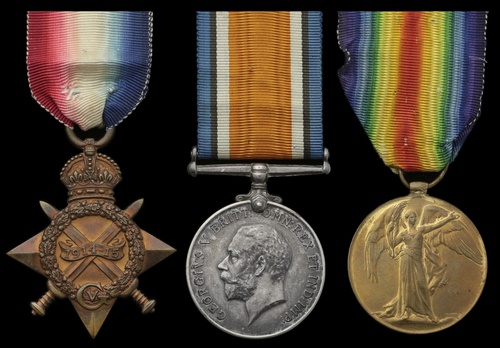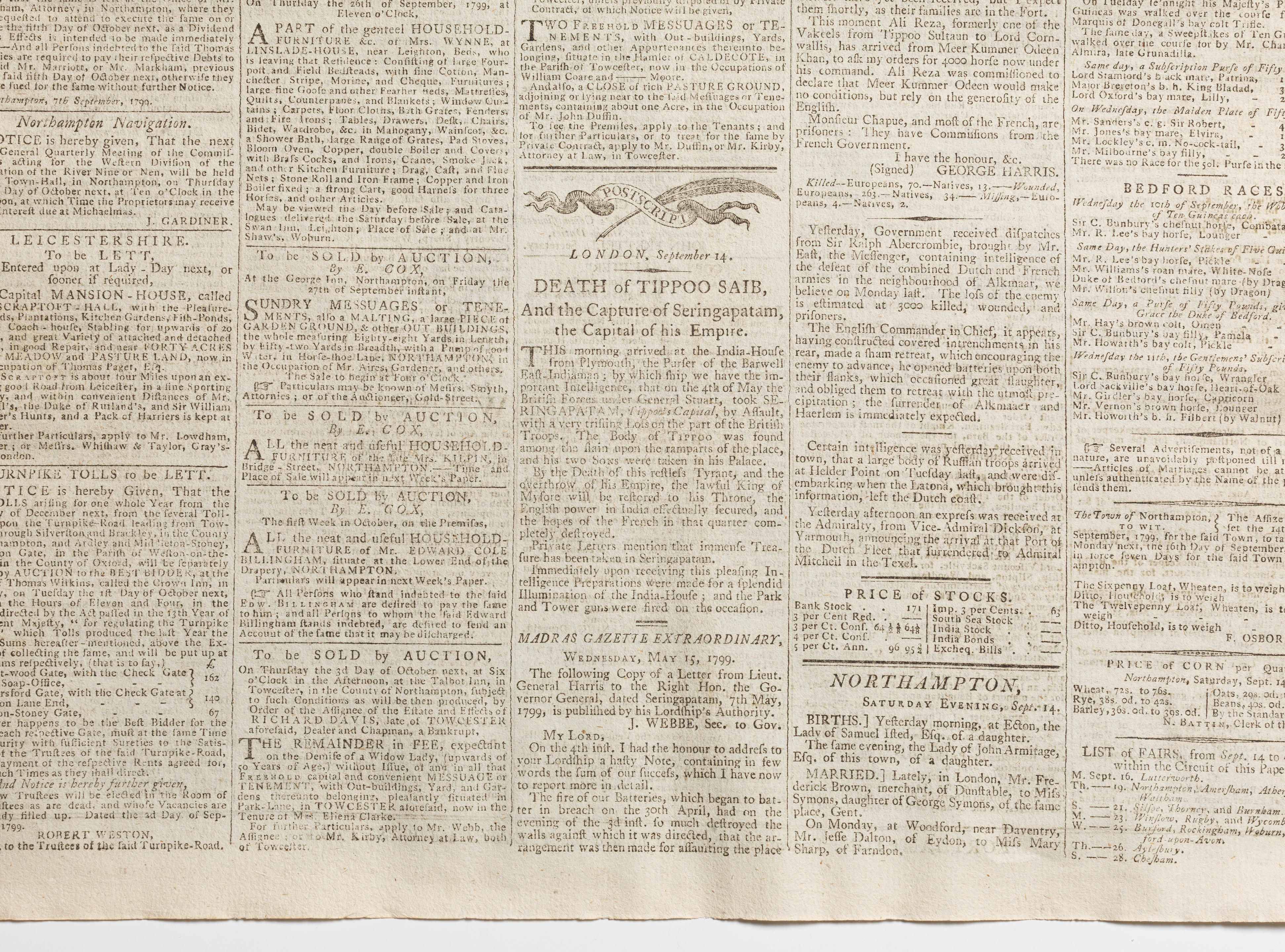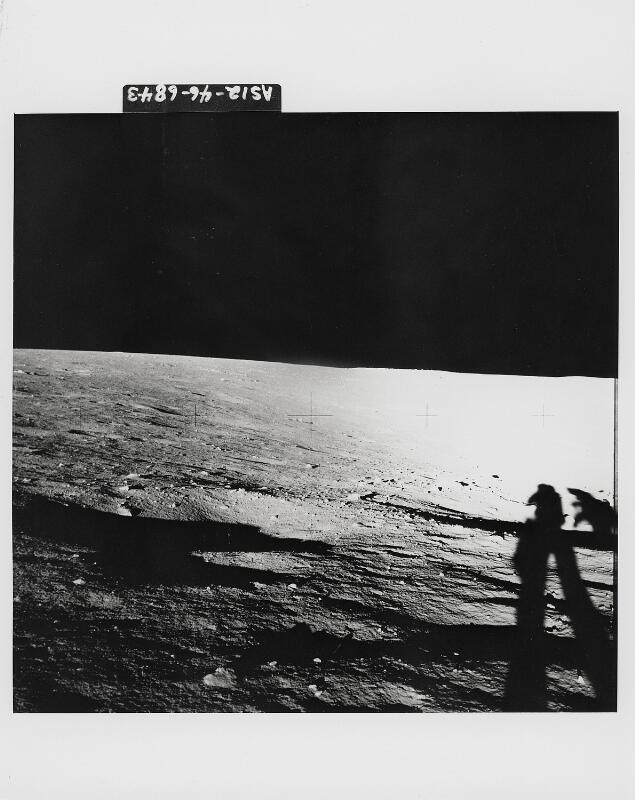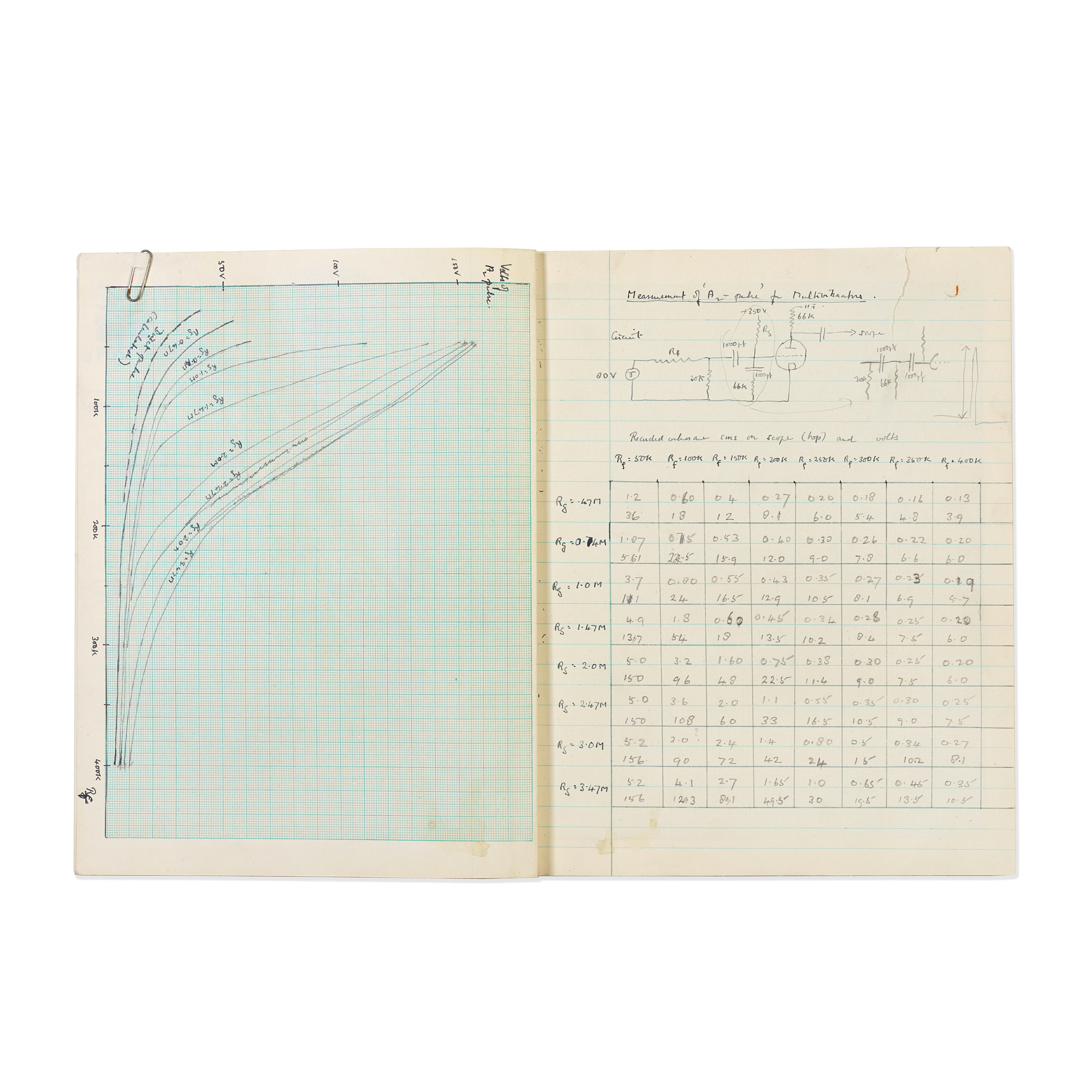'The first shot put out all the lights and we were in total darkness. After a lull in the fighting we were let out to the upper deck and what a sight - which will remain in my memory forever. An officer was lying dead with both legs severed in sea boots. I stepped over a body that had been disembowelled. I had to hold a seaman's foot while the Doctor cut it off as it was just hanging. We laid the bodies side by side and were told to turn them over on their stomachs … ' Officer's Steward 1st Class Reginald Gulliver, of H.M.S. Chester , as quoted in Jutland 1916 - Death in the Grey Wastes , by Nigel Steel and Peter Hart. An excessively rare and emotive Jutland Tribute Medal group of five awarded to Cooper J. Hickenbotham, Royal Navy, who was present at the battle in H.M.S. Chester : such was the extent of the shocking fire inflicted on the newly launched light cruiser that one signalman recalled seeing a man's hair stand on end: 'a thing I never thought possible' In total Chester took 17 direct hits, had three guns put out of action and suffered casualties of 29 killed and 49 wounded: among the latter was boy rating Jack Cornwell, who famously won a posthumous V.C. for standing by his 5.5.-inch gun Hickenbotham also appears to have been among the casualties, his service record entry for his time aboard Chester being endorsed 'War badge issued': he was invalided ashore in the following year 1914-15 Star (342114 J. Hickenbotham, Cpr., R.N.); British War and Victory Medals (342114 J. Hickenbotham, Cpr., R.N.); Royal Navy L.S. & G.C., G.V.R., 1st issue (342114 James Hickenbotham, Cooper, H.M.S. Chester); City of Chester, Jutland Tribute Medal, bronze-gilt, obverse, embossed city arms and motto, reverse, embossed anchor and 'H.M.S. Chester ' above engraved date, 'May 31st 1916' and 'Jutland', and further inscribed, 'James Hickenbotham, 1st Class P.O.', very fine and better (5) James Hickenbotham was born at Tansley, near Matlock, Derbyshire on 1 January 1877 and entered the Royal Navy as Cooper's Crew in May 1898. Appointed a fully-fledged Cooper in May 1902, he came ashore 'engagement expired' in May 1910; in the interim, he had qualified in First Aid. Recalled on the outbreak of hostilities, Hickenbotham served in the converted cruiser Andromache from October 1914 to March 1915, prior to joining the recently launched light cruiser Chester in early May 1916. It was in this capacity that he was present at Jutland a few weeks later, when Chester formed part of the 3rd Battle Cruiser Squadron and ran into the German 2nd Scouting Group: the bare facts emerging from that hotly contested encounter are cited above: suffice it to say that Captain Lawson spoke of his upper decks being littered with mutilated men. As stated, the service record entry for Hickenbotham's time aboard Chester is qualified with an entry 'War Badge issued', probable evidence of him being among those casualties. This contention is supported by the fact his City of Chester Jutland Tribute Medal is a gilt-bronze issue, rather than plain bronze, it generally being accepted that only Chester's casualties received the bronze-gilt version; a plain bronze example is held by the National Maritime Museum, Greenwich. Awarded his L.S. & G.C. Medal in December 1917, he was invalided ashore in the same month; his service record reveals four Naval Prize Fund payments in the period 1920-23, among them a share of the 'Prize Bounty for Jutland'. Hickenbotham died at Derby in March 1929, where he had earlier worked as a 'carriages and wagon repairer'. Sold with the recipient's original parchment certificate of service, together with two charming portrait photographs, one of them taken on his wedding day in April 1905 and the other on the occasion that he received his L.S. & G.C. Medal; and a file of copied research. Additional Reference sources: Steel, Nigel, and Hart, Peter, Jutland 1916 - Death in the Grey Wastes (Cassell, London, 2003). Subject to 20% VAT on Buyer’s Premium. Fo
'The first shot put out all the lights and we were in total darkness. After a lull in the fighting we were let out to the upper deck and what a sight - which will remain in my memory forever. An officer was lying dead with both legs severed in sea boots. I stepped over a body that had been disembowelled. I had to hold a seaman's foot while the Doctor cut it off as it was just hanging. We laid the bodies side by side and were told to turn them over on their stomachs … ' Officer's Steward 1st Class Reginald Gulliver, of H.M.S. Chester , as quoted in Jutland 1916 - Death in the Grey Wastes , by Nigel Steel and Peter Hart. An excessively rare and emotive Jutland Tribute Medal group of five awarded to Cooper J. Hickenbotham, Royal Navy, who was present at the battle in H.M.S. Chester : such was the extent of the shocking fire inflicted on the newly launched light cruiser that one signalman recalled seeing a man's hair stand on end: 'a thing I never thought possible' In total Chester took 17 direct hits, had three guns put out of action and suffered casualties of 29 killed and 49 wounded: among the latter was boy rating Jack Cornwell, who famously won a posthumous V.C. for standing by his 5.5.-inch gun Hickenbotham also appears to have been among the casualties, his service record entry for his time aboard Chester being endorsed 'War badge issued': he was invalided ashore in the following year 1914-15 Star (342114 J. Hickenbotham, Cpr., R.N.); British War and Victory Medals (342114 J. Hickenbotham, Cpr., R.N.); Royal Navy L.S. & G.C., G.V.R., 1st issue (342114 James Hickenbotham, Cooper, H.M.S. Chester); City of Chester, Jutland Tribute Medal, bronze-gilt, obverse, embossed city arms and motto, reverse, embossed anchor and 'H.M.S. Chester ' above engraved date, 'May 31st 1916' and 'Jutland', and further inscribed, 'James Hickenbotham, 1st Class P.O.', very fine and better (5) James Hickenbotham was born at Tansley, near Matlock, Derbyshire on 1 January 1877 and entered the Royal Navy as Cooper's Crew in May 1898. Appointed a fully-fledged Cooper in May 1902, he came ashore 'engagement expired' in May 1910; in the interim, he had qualified in First Aid. Recalled on the outbreak of hostilities, Hickenbotham served in the converted cruiser Andromache from October 1914 to March 1915, prior to joining the recently launched light cruiser Chester in early May 1916. It was in this capacity that he was present at Jutland a few weeks later, when Chester formed part of the 3rd Battle Cruiser Squadron and ran into the German 2nd Scouting Group: the bare facts emerging from that hotly contested encounter are cited above: suffice it to say that Captain Lawson spoke of his upper decks being littered with mutilated men. As stated, the service record entry for Hickenbotham's time aboard Chester is qualified with an entry 'War Badge issued', probable evidence of him being among those casualties. This contention is supported by the fact his City of Chester Jutland Tribute Medal is a gilt-bronze issue, rather than plain bronze, it generally being accepted that only Chester's casualties received the bronze-gilt version; a plain bronze example is held by the National Maritime Museum, Greenwich. Awarded his L.S. & G.C. Medal in December 1917, he was invalided ashore in the same month; his service record reveals four Naval Prize Fund payments in the period 1920-23, among them a share of the 'Prize Bounty for Jutland'. Hickenbotham died at Derby in March 1929, where he had earlier worked as a 'carriages and wagon repairer'. Sold with the recipient's original parchment certificate of service, together with two charming portrait photographs, one of them taken on his wedding day in April 1905 and the other on the occasion that he received his L.S. & G.C. Medal; and a file of copied research. Additional Reference sources: Steel, Nigel, and Hart, Peter, Jutland 1916 - Death in the Grey Wastes (Cassell, London, 2003). Subject to 20% VAT on Buyer’s Premium. Fo















Testen Sie LotSearch und seine Premium-Features 7 Tage - ohne Kosten!
Lassen Sie sich automatisch über neue Objekte in kommenden Auktionen benachrichtigen.
Suchauftrag anlegen